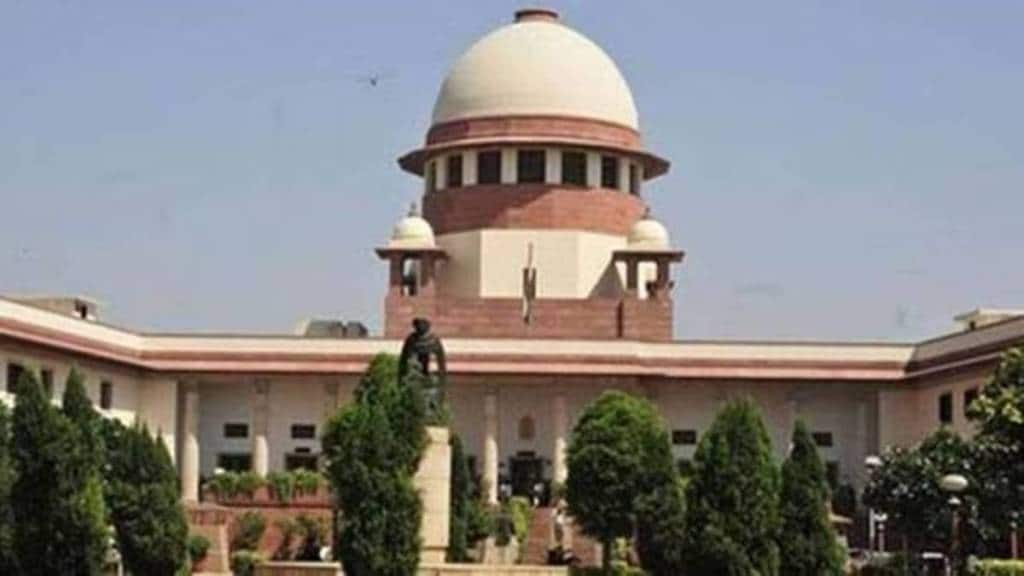The Centre has pushed back against a Supreme Court verdict that gave Governors as well as the President three months to act on Bills forwarded by the State legislature. The apex court had prescribed the deadline in April this year as the Tamil Nadu government tussled with Governor RN Ravi over 10 pending Bills. Solicitor General Tushar Mehta however insisted on Saturday that such matters required political answers rather than judicial intervention.
The submissions were filed ahead of the Supreme Court hearing on the Presidential reference matter that is scheduled from August 19. Mehta had previously stressed the need to separate the powers of the executive, legislature and judiciary in a written submission to the court. He also noted that the highly positioned gubernatorial office could not be reduced to a subservient one — merely because there were some issues with regard to the procedure and the powers of the Governor.
Mehta also argued that the Constitution purposely omitted deadlines for the Governor or the President to act on bills since as Articles 200 and 201 conferred wide discretion on them to consider the Bills without any time-bound compulsion.
“There is no procedure prescribed under the Constitution to import such limits without effectively amending the Constitution, which is a function reserved exclusively for the constituent power of the Parliament under Article 368”, the statement said.
‘Article 142 cannot be used to undo…’
The submission noted that the judiciary did not hold the answer to every question may arise in a democratic polity — with the framers of the Constitution ‘advisedly leaving some questions outside the judicial realm’. Mehta cited Article 142 to underscore his point and noted that it did not provide the apex court with ‘absolute power’.
Article 142 of the Indian Constitution grants the Supreme Court inherent and discretionary power to pass any decree or make any order necessary to do “complete justice” in any cause or matter pending before it. Mehta argued that the Court was bound by ‘constitutional provisions and principles’ and that one branch of government could not edit the work of another.
“One organ of the State cannot arrogate to itself the core functions vested under the Constitution to another organ. Such arrogation would create a situation where one organ could elevate itself above the other in the absence of similar power in the remaining organs, and would strike at the core of democratic governance,” the Centre said.
Governors cannot be reduced to ‘formal post office’
The Central government also argued that Governors were not strictly bound by the aid and advice of state governments — able to independently decide to approve, reject, return, or refer a Bill to the President.
“The independent application of mind is required to ensure that the Governor’s office is not reduced to a mere formal ‘post office’. One of the constitutional purposes behind the office of the governor was to act as a check against hasty legislation by the States. Given that background, the Governor’s assent cannot be a mechanical process and must involve application of mind, especially where questions of repugnancy and constitutional compliance are concerned”, the Centre added.
What was the original case?
The original case had focused on a lengthy tussle between the Tamil Nadu government and Governor RN Ravi — prompted by his prolonged delay in giving assent to 10 bills passed by the state Legislature. These bills had to be re-passed by the assembly due to his non-communication, and were later reserved for the President’s consideration.
(With inputs from agencies)


